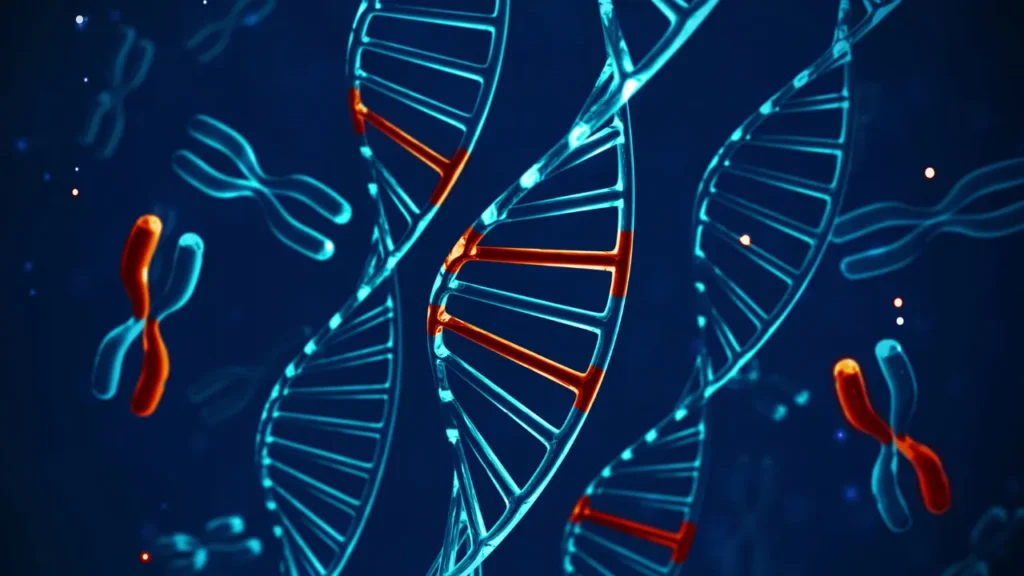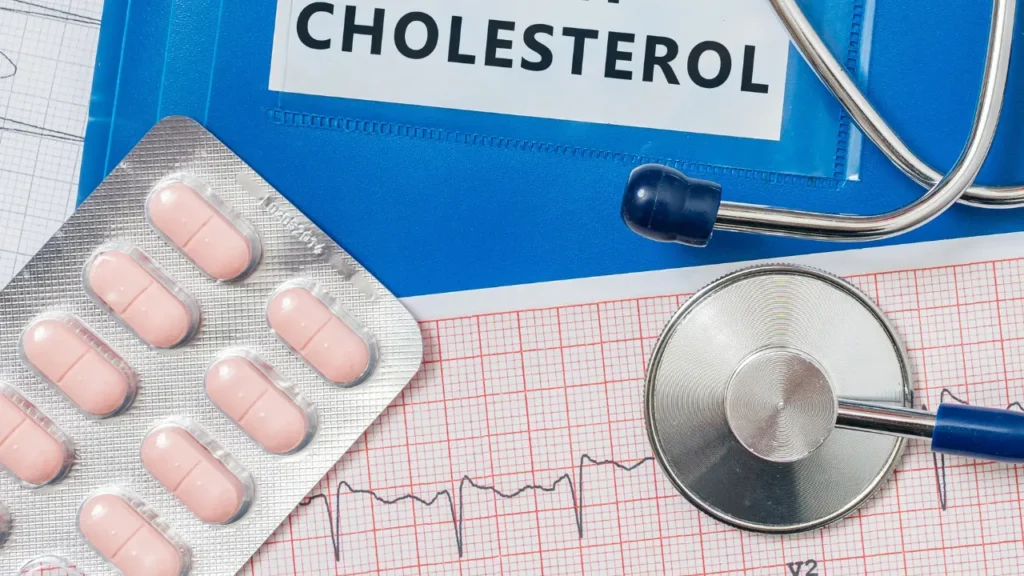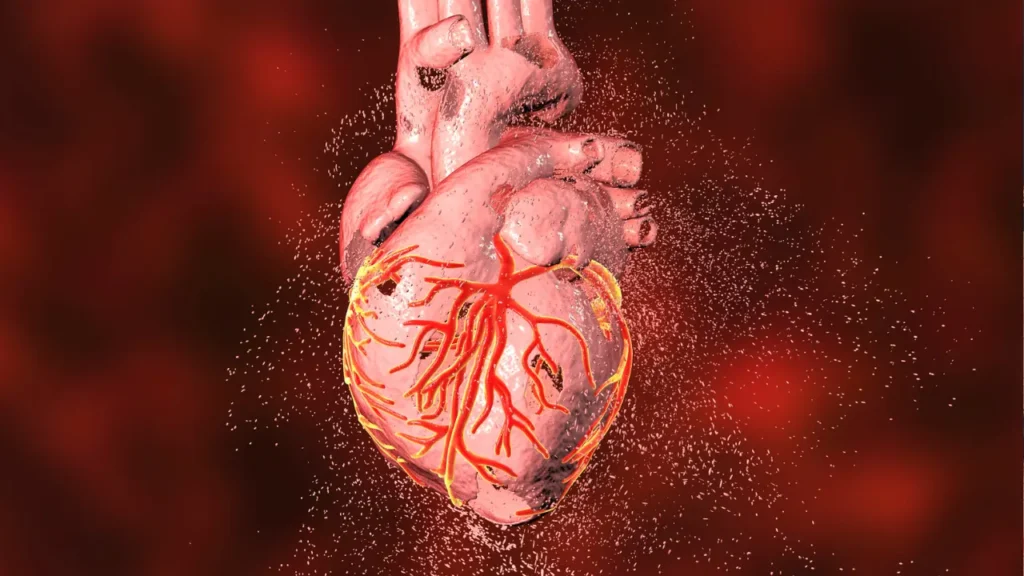Within the nutritional and medicinal research, tocotrienols—a lesser-known subset of the vitamin E family—have steadily gained substantial attention as molecules. Tocotrienols are distinct from their more well-known counterparts, tocopherols, due to their different chemical structure and many health advantages, especially in neuroprotection, cardiovascular health, and anti-cancer capabilities. With an emphasis on improving alertness, focus, and cognition, this investigation explores the chemistry of tocotrienols, their physiological effects, ideal dosages, possible adverse effects, substance interactions, and suggestions for responsible consumption.
You May Also Like:
Keep Your Brain Young With the 5 Most Powerful Nootropic Supplements
Finding the Best Supplements for Brain Fog After COVID: 5 Top Brands Reviewed
Tocotrienols: Benefits, Dosage, Side Effects, Drug Interactions, and Other Important Information is an original (NootropicsPlanet) article.
Nature of Tocotrienols
Eight distinct chemicals, split equally between tocopherols and tocotrienols, each with alpha, beta, gamma, and delta forms, are together referred to as vitamin E. Tocopherols and tocotrienols differ structurally in that the latter has a saturated phytyl tail. In contrast, the former has an unsaturated isoprenoid side chain. This variant confers distinct properties upon tocotrienols, such as increased membrane mobility and enhanced antioxidant activity.
Tocotrienols are defined chemically by an isoprenoid side chain that affects their distribution and function throughout the body and a chromanol ring responsible for their antioxidant activity. Because of their lipid solubility, they are primarily located in the lipid layers of cell membranes, where they can defend against oxidative stress and lipid peroxidation.
Health Benefits of Tocotrienols
As an essential member of the vitamin E family, tocotrienols have drawn attention for their powerful health advantages, which sometimes outweigh those of their tocopherol equivalents. Their distinct chemical structure, typified by their unsaturated side chains, supports the various physiological effects and possible therapeutic uses of tocotrienols. This article examines the many health advantages of tocotrienols, highlighting their contributions to cardiovascular health, neuroprotection, anti-cancer activity, and other areas.
Neuroprotective Effects
Given their noteworthy neuroprotective qualities, tocotrienols are especially valuable in managing and preventing neurodegenerative illnesses. They lessen neuroinflammation and shield brain cells from oxidative stress, two processes linked to the etiology of stroke, Parkinson’s disease, and Alzheimer’s disease. Studies have shown that tocotrienols have potential benefits for long-term cognitive health and lifespan. They may also improve memory, cognitive function, and age-related neuronal damage prevention.
Cardiovascular Health
Tocotrienols have been shown to have cardiovascular advantages due to their capacity to decrease cholesterol, enhance arterial compliance, and possess antioxidant qualities. They efficiently stop the liver from synthesizing cholesterol by inhibiting the enzyme HMG-CoA reductase. Their antioxidant properties and this action work together to reduce LDL cholesterol levels and stop LDL particle oxidation, which is a critical stage in the development of atherosclerosis. Tocotrienols have also been demonstrated to lessen arterial stiffness, which enhances vascular health and lowers the danger of cardiovascular illnesses.
Anti-Cancer Properties
Tocotrienols exhibit potent anti-cancer activity, attributed to their ability to induce apoptosis in cancer cells, inhibit cell proliferation, and prevent angiogenesis. Their selective action targets cancerous cells without harming normal cells, offering a potential advantage over conventional chemotherapy. Research has identified tocotrienols as promising agents against various cancers, including breast, prostate, and pancreatic cancers, highlighting their role in cancer prevention and as adjunctive therapies.
Antioxidant and Anti-inflammatory Effects
The antioxidant capacity of tocotrienols is foundational to many of their health benefits. By scavenging free radicals and protecting cells from oxidative damage, tocotrienols contribute to the prevention of chronic diseases and aging. Their anti-inflammatory properties further augment their therapeutic potential, reducing the risk of chronic conditions such as heart disease, diabetes, and arthritis.
Other Potential Benefits
Recent studies have shown that tocotrienols may provide other health advantages, such as boosting immune system function, encouraging hair development, and protecting skin health from UV-induced damage. Their impact on metabolic health—including improved insulin sensitivity and decreased belly fat—indicates possible uses in treating diabetes and obesity.

Chemistry of Tocotrienols
Tocotrienols are members of the vitamin E family, which includes four chemically different molecules called tocopherols and four tocotrienols (gamma, gamma, delta, and alpha). Their side chains are the primary distinction between tocopherols and tocotrienols. Tocotrienols get their name from having three double bonds on an unsaturated isoprenoid side chain (tri-en-tocopherol). Because of the degree of conformational flexibility this unsaturated chain gives, tocotrienols can enter cell membranes more effectively than tocopherols.
The chromanol ring, which is present in all forms of vitamin E and gives tocotrienol its antioxidant qualities, is the central component of the molecule. The hydroxyl group on the chromanol ring is mainly responsible for antioxidant activity; it can donate a hydrogen atom to neutralize free radicals and shield cell membranes from oxidative damage.
In addition to chemically differentiating tocotrienols from tocopherols, the isoprenoid side chain affects the distribution and functionality of tocotrienols in biological systems. Because of their unique structure, tocotrienols are better able to move around inside the lipid layers of membranes and offer efficient protection against lipid peroxidation, which is a major cause of cellular aging and the emergence of chronic diseases.
Tocotrienols have been demonstrated to interact with particular enzymes and signaling pathways within cells in addition to their antioxidant properties. One of the most critical interactions is with the rate-limiting enzyme in the manufacture of cholesterol, HMG-CoA reductase. Tocotrienols can inhibit this enzyme’s activity, lowering cholesterol synthesis. This method is different from statins, which block the enzyme’s active site directly. Tocotrienols appear to modulate enzyme levels through post-transcriptional mechanisms, offering a potential advantage regarding side effects compared to statins.
Physiological Mechanism of Action
Tocotrienols primarily exert their advantageous effects by regulating enzyme activity, antioxidant activity, and gene expression. Their antioxidant function, which scavenges free radicals, plays a critical role in shielding cell membranes from oxidative damage. Preventing oxidative stress is essential as it plays a role in the etiology of chronic illnesses and neurodegeneration.
Tocotrienols protect against oxidative stress and enhance neuronal survival by crossing the blood-brain barrier in the brain. They offer a diverse method of neuroprotection by modifying the activity of essential enzymes and signaling pathways connected to cell survival, death, and neuroinflammation.

Optimal Dosage of Tocotrienols
The ideal tocotrienol dosage for various health advantages varies according to the targeted health result. Doses between 100 and 200 mg daily have been recommended to preserve general health. Higher doses, up to 400 mg daily, have been utilized in clinical trials in therapeutic situations, such as reducing cholesterol or improving neurological outcomes. The ideal dosage, however, should be chosen after consulting a healthcare professional and considering each person’s unique medical demands.
Side Effects of Tocotrienols
At approved dosages, tocotrienols are usually regarded as safe and well-tolerated. Like any supplement, there is a chance of adverse effects, particularly when taking large amounts of it. These include the potential to interfere with blood coagulation mechanisms, especially in people using anticoagulant drugs, and gastrointestinal discomfort such as nausea or diarrhea. Therefore, it’s imperative to use caution when taking tocotrienol supplements, particularly if you have underlying medical conditions or are on other medications.
Potential Substance Interactions with Tocotrienols
Tocotrienols may interact with anticoagulants like warfarin and cholesterol-lowering medications like statins because of their impact on blood lipid levels and their ability to interact with clotting processes. If taken alongside certain drugs, tocotrienols may intensify the effects of certain medications, requiring dosage changes. Furthermore, tocotrienols may interact with other fat-soluble vitamins, such as A, D, and K, which may have an impact on how well these nutrients are absorbed and metabolized. It is best to monitor and maybe stagger the use of these supplements to reduce interactions.

Best Responsible Uses of Tocotrienols
Tocotrienols present a promising option for anyone looking to supplement to improve alertness, focus, and cognition. However, responsible use necessitates knowledge of appropriate dosages, possible adverse effects, and drug interactions. For general health advantages, starting with lower amounts, such as 100 to 200 mg per day, and speaking with a doctor before increasing the dosage or mixing tocotrienols with other supplements or drugs is best.
It is important to monitor one’s reaction and make appropriate modifications. Furthermore, because of possible interactions, anyone taking medication, particularly anticoagulants or cholesterol-lowering drugs, should use caution. Following these recommendations will enable consumers to get the most out of tocotrienols while lowering dangers, guaranteeing a secure and efficient method for improving general health and cognitive function.
Tocotrienols:
Conclusion
Tocotrienols, a lesser-known form of vitamin E, hold significant promise for promoting health and well-being through their unique antioxidant and anti-inflammatory properties. While tocotrienols share similarities with tocopherols, their chemical structure allows them to penetrate cell membranes more effectively, enhancing their bioavailability and potential health benefits. Tocotrienols represent a promising area of research in nutrition and health, offering potential benefits for cardiovascular health, brain function, skin health, and inflammation.
While tocotrienols provide promising health benefits, further research is needed to fully understand their mechanisms of action, optimal dosages, and possible therapeutic applications. Additionally, the quality and source of tocotrienol supplements vary, emphasizing the importance of choosing high-quality products from reputable manufacturers. As scientific knowledge advances, tocotrienols may emerge as valuable dietary supplements and therapeutic agents for promoting overall well-being and longevity.

References:
- Tocotrienols in health and disease: the other half of the natural vitamin E family?. Retrieved from: https://www.ncbi.nlm.nih.gov/pmc/articles/PMC2435257/
- What you need to know about tocotrienols. Retrieved from: https://www.medicalnewstoday.com/articles/319689
- Tocotrienols – Uses, Side Effects, and More. Retrieved from: https://www.webmd.com/vitamins/ai/ingredientmono-1522/tocotrienols
Important Note: The information contained in this article is for general informational purposes only, and should not be construed as health or medical advice, nor is it intended to diagnose, prevent, treat, or cure any disease or health condition. Before embarking on any diet, fitness regimen, or program of nutritional supplementation, it is advisable to consult your healthcare professional in order to determine its safety and probable efficacy in terms of your individual state of health.
Regarding Nutritional Supplements Or Other Non-Prescription Health Products: If any nutritional supplements or other non-prescription health products are mentioned in the foregoing article, any claims or statements made about them have not been evaluated by the U.S. Food and Drug Administration, and such nutritional supplements or other health products are not intended to diagnose, treat, cure, or prevent any disease.


